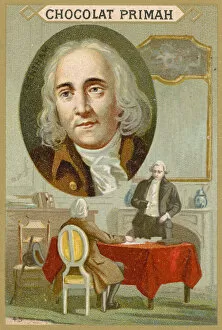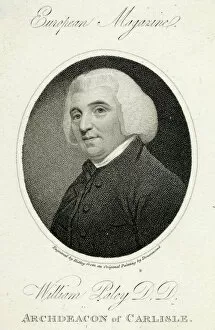Utilitarianism Collection
Utilitarianism, a philosophical concept that emerged in the 19th century, has been shaped by influential thinkers such as John Stuart Mill and Jeremy Bentham
All Professionally Made to Order for Quick Shipping
Utilitarianism, a philosophical concept that emerged in the 19th century, has been shaped by influential thinkers such as John Stuart Mill and Jeremy Bentham. These British social reformers and philosophers sought to create a moral framework based on the greatest happiness for the greatest number of people. John Stuart Mill, known for his work "Utilitarianism" published in 1873, advocated for individual freedom within society while emphasizing the importance of collective well-being. His ideas were captured artistically by Spy in a portrait that reflects his significant contributions to utilitarian thought. Jeremy Bentham, an English philosopher who lived from 1748 to 1832, is another key figure associated with utilitarianism. His belief in maximizing pleasure and minimizing pain led him to develop the principle of utility as a guide for ethical decision-making. A chromolitho image depicts this influential thinker whose theories continue to shape modern discussions on morality. Paley's contribution cannot be overlooked either; although not depicted visually here due to unknown authorship, Paley (1743-1805) made significant contributions through his book "The Principles of Moral and Political Philosophy" published in 1830. His work further solidified utilitarian principles within ethics. These philosophers' impact can still be seen today - their ideas have left lasting imprints on our understanding of morality and societal progress. The effigy at University College London serves as a reminder of Jeremy Bentham's legacy with even his embalmed head preserved there, and is important to recognize these great minds individually too: John Stuart Mill was not only a philosopher but also an advocate for social reforms during the 19th century. Similarly, Jeremy Bentham dedicated himself not just as a philosopher but also as an economist and theoretical jurist who aimed at improving society through rational thinking. Their portraits featured here from various sources like engravings or photographs showcase their intellectual prowess alongside their commitment towards creating better societies.













